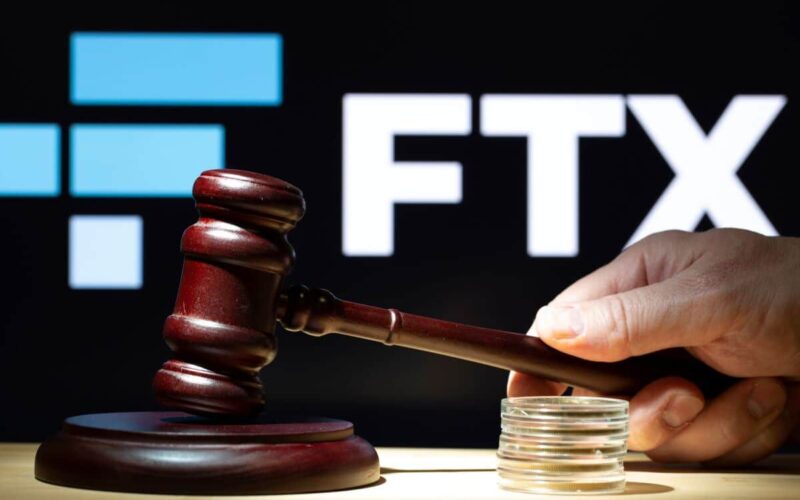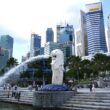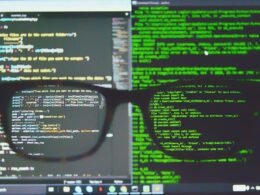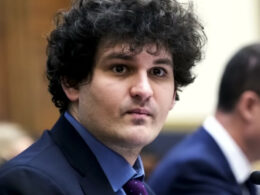Prosecutors Prioritize Swift Conclusion and Sentencing
US prosecutors have indicated their reluctance to pursue a second trial for Sam Bankman-Fried, the former CEO of the now-defunct crypto exchange FTX, who was recently convicted of embezzling funds from FTX customers. A letter submitted to a federal court in Manhattan suggests that Bankman-Fried is unlikely to face further prosecution on additional charges.
The prosecutors emphasized the importance of a swift conclusion to the case, prioritizing the public interest over the need for a second trial. They stated that the upcoming sentencing, scheduled for March 28, 2024, would address necessary aspects such as forfeiture and restitution for the victims.
Bankman-Fried’s Conviction and Additional Charges
Bankman-Fried, once a billionaire, now faces a tarnished reputation as he was found guilty of misappropriating $8 billion in customer funds. The jury convicted him on seven counts of fraud and conspiracy, driven by greed. In addition to these charges, Bankman-Fried also faced six other charges related to campaign finance violations and conspiracy to operate an unlicensed money transmitting business, which were initially separated from the first trial.
However, it remains uncertain whether the Bahamian authorities will consent to a trial on these remaining charges, casting doubt over the proceedings.
The verdict against Bankman-Fried was delivered nearly a year after the dramatic bankruptcy of FTX, which wiped out his estimated $26 billion fortune.
The Possibility of a Lengthy Prison Sentence
Looking ahead, Bankman-Fried’s fate will be determined by U.S. District Judge Lewis Kaplan, who presided over the case. The prosecution argues that a second trial would be redundant, as most evidence pertinent to the additional charges was already presented in the first trial. They believe that Judge Kaplan can consider all of Bankman-Fried’s actions in determining the penalty during the sentencing.
Despite his conviction, Bankman-Fried has expressed his intention to appeal. During the trial, he admitted to making operational errors in managing FTX but denied any allegations of stealing customer funds. He also claimed ignorance of the financial state of both FTX and his hedge fund, Alameda Research, until their collapse.
Meanwhile, key witnesses in Bankman-Fried’s trial, including Caroline Ellison, CEO of Alameda Research, Gary Wang, co-founder of FTX, and Nishad Singh, FTX engineering chief, may not face jail time. They admitted their involvement in fraudulent activities under Bankman-Fried’s direction, which involved the transfer of billions of dollars in FTX customer funds to Alameda, a hedge fund mostly owned by Bankman-Fried.
While their cooperation with prosecutors resulted in guilty pleas and potential leniency, their reputations have been damaged by their involvement in FTX’s downfall. Additionally, the long-lasting financial implications of their actions may restrict their opportunities in the future.

















